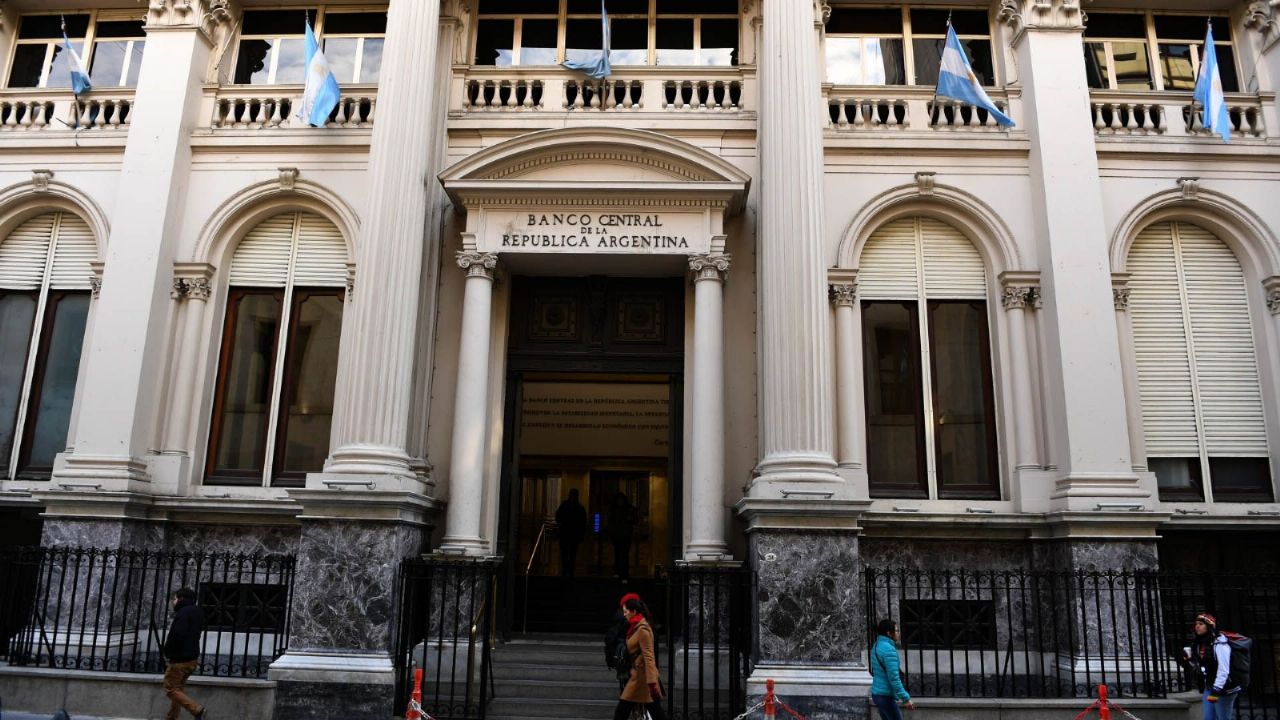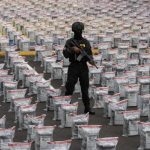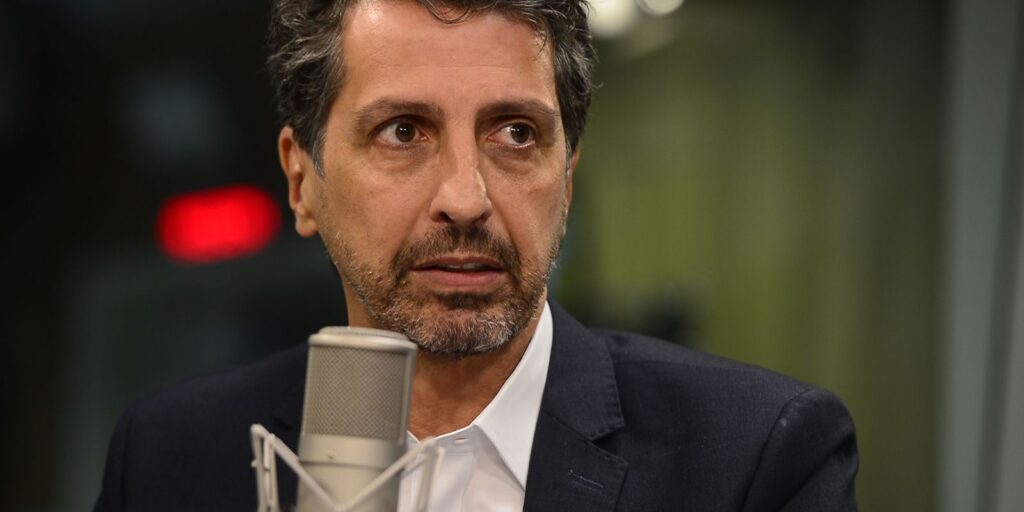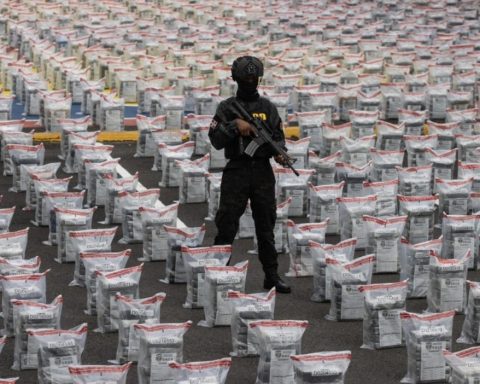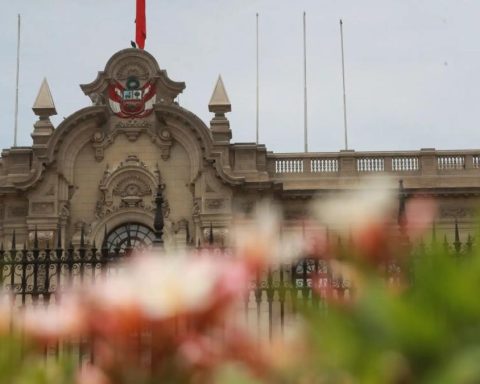In the midst of the controversy caused by the Government’s agreement with the IMF, the central bank (BCRA) is facing a difficult situation, since its net reserves show the lowest levels of the last decade.
According to experts, the financial institution has a net reserve of US$2,000 million, while the gross reserves of the BCRA they reach US$37,189 million.
This after disbursing two payments to the International Monetary Fund, with which the BCRA is about to run out of liquidity, which is why one might even think that the country would have no choice but to dollarize.
Experts assure that the BCRA would have little opportunity to recover its net reserveswhich implies a greater risk for the country, because added to inflation, economic uncertainty only grows.

This especially if you take into account that to know the real value of the bank’s reserves, you have to discount the gross reserves, the loan with the Basel Bank for International Settlements, among other payments.
In addition, the BCRA faces a great challenge for this month, since in January it could not buy dollars in the Single Free Exchange Market (MULC), and despite the fact that last week it managed to acquire US$ 50 million, the situation could be extended.

The agreement with the IMF could improve the reserves of the BCRA
Given the complex panorama that exists in the centralthe entity has no choice but to wait for the IMF to repay the payments made in recent months.
However, this will not happen until the Government signs the entire agreementfor which it is also essential to have the support of Congress.

The most worrying thing is that, while this is happening, the threat of the bank running out of net reserves remains latent, which would also affect exports, imports and the entire national market.
